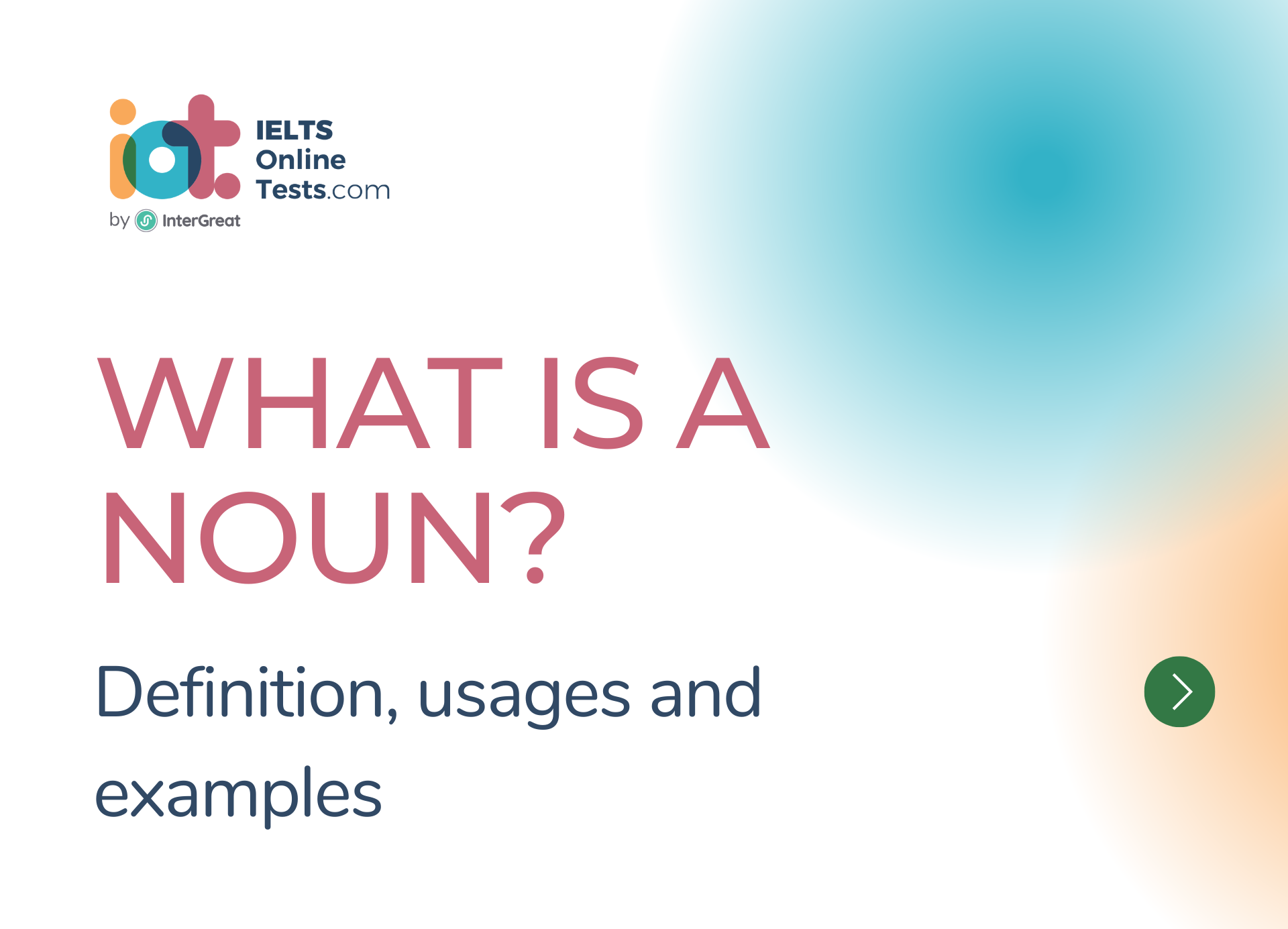
What is a noun in English Grammar?
In English grammar, a noun is a word that names a person, place, thing, or idea. It is one of the fundamental parts of speech and plays a crucial role in constructing sentences.
Here are some important points to understand about nouns:
Types of Nouns: Nouns can be categorized into several types:
- Proper Nouns: These nouns refer to specific names of people, places, or things, and they are capitalized.
- For example: John, London, Eiffel Tower.
- Common Nouns: These nouns refer to general names of people, places, or things, and they are not capitalized unless they begin a sentence.
- For example: boy, city, table.
- Concrete Nouns: These nouns refer to things that can be perceived through the senses, such as objects, animals, or people.
- For example: dog, book, car.
- Abstract Nouns: These nouns refer to concepts, ideas, feelings, or qualities that cannot be perceived through the senses.
- For example: love, happiness, courage.
- Countable Nouns: These nouns can be counted and have both singular and plural forms.
- For example: cat (singular), cats (plural).
- Uncountable Nouns: These nouns cannot be counted and do not have a plural form.
- For example: water, information.
- Collective Nouns: These nouns refer to groups of people or things.
- For example: team, family, herd.
- Proper Nouns: These nouns refer to specific names of people, places, or things, and they are capitalized.
Noun Functions: Nouns can serve different functions within a sentence:
- Subject: The noun that performs the action or is the focus of the sentence.
- For example: "The dog barks."
- Object: The noun that receives the action of the verb.
- For example: "She gave him a book."
- Direct Object: The noun that directly receives the action of the verb.
- For example: "He ate an apple."
- Indirect Object: The noun that indirectly receives the action of the verb.
- For example: "She gave him a gift."
- Subject Complement: The noun that renames or describes the subject.
- For example: "He is a doctor."
- Object Complement: The noun that renames or describes the direct object.
- For example: "They elected him president."
- Subject: The noun that performs the action or is the focus of the sentence.
Plural and Possessive Forms: Nouns can have different forms to indicate plurality or possession:
- Plural: Most nouns form their plural by adding "-s" or "-es" to the singular form.
- For example: cat (singular), cats (plural).
- Irregular Plurals: Some nouns have irregular plural forms.
- For example:
- child (singular), children (plural);
- tooth (singular), teeth (plural).
- For example:
- Possessive: To show ownership or possession, an apostrophe ('s) is added to the noun.
- For example: John's car, the cat's tail.
- Plural: Most nouns form their plural by adding "-s" or "-es" to the singular form.
Nouns as Modifiers: Nouns can also function as modifiers to describe other nouns. These are called attributive nouns.
For example: "book cover," "car engine."
Remember that nouns play a central role in sentence construction and are essential for effective communication in English. By understanding their different types and functions, you can enhance your writing and speaking skills.




